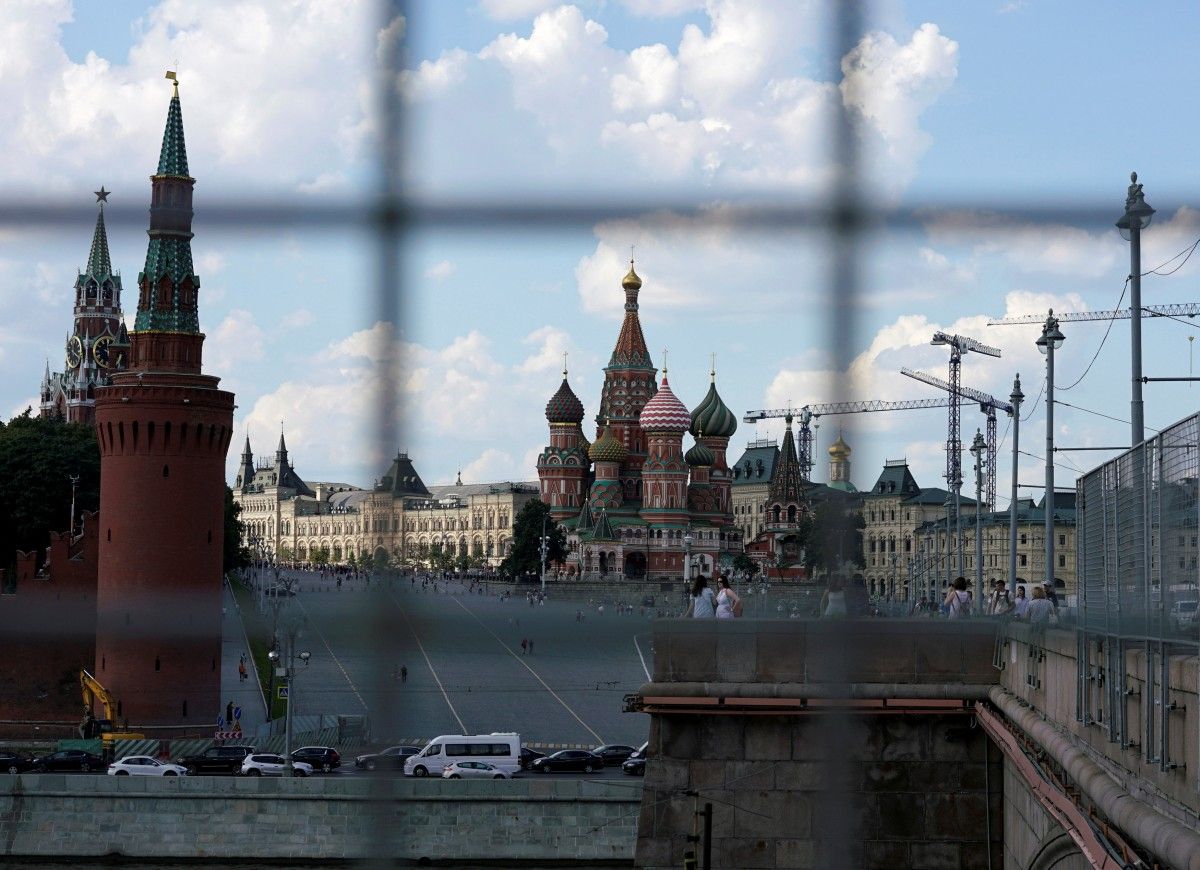
Russia and China are still carpet-bombing Europeans with coronavirus lies, the EU foreign service has warned.
Some Russian content on "fake cures" was "particularly concerning and malicious" due to its "potential to inflict tangible harm on people's health", the EU diplomats said in a new report on Monday, seen by EUObserver.
"Kremlin-backed disinformation ... contradicts official WHO [World Health Organisation] guidance", they said.
This included "news" by Russian state media that baking soda, lemon, vitamin C, and zinc killed coronavirus, but that washing hands was ineffective.
It included anti-vaccination conspiracy theories, for instance that U.S. billionaire philanthropist Bill Gates "will impose forced mass vaccination and nano-chip implantation" to control people.
Russian media said 5G networks caused the pandemic, but also that coronavirus was a hoax that did not exist.
And they kept hammering on, as usual, about how EU states were "ineffective, divided, and cynical in their response" to each other's needs.
At the same time, China ran "a global disinformation campaign to deflect blame for the outbreak of the pandemic and improve its international image".
There was a "high level of coordination between different parts of the Chinese system in messaging and amplification of messages across different languages and communication channels," the EU report, which is to be published this week, said.
Russia and China used "overt and covert tactics". Overt ones included displays of fulminating outrage by Russian and Chinese diplomats, as well as state propaganda. Hidden ones included fake blogs, trolls, and bot armies.
Read alsoItalians offered EUR 200 for praising Putin's help on camera – media
Bogus content, such as Russian fake cures, had a long half-life, the EU report noted. Some material was shared 1.7 million times on Facebook and seen by more than 117 million people, research indicated.
"In all languages, false or highly misleading content continues to go viral, even when it has been flagged by local fact-checkers," the EU report said.
And viral lies created dangerous delusions: one-third of British people thought vodka was an effective hand sanitizer and one-fifth thought coronavirus was man-made, according to a recent survey by British pollster YouGov. Trust in China shot up, while approval of the EU plummeted in Italy in March, another pollster noted.
"We're engaged in a battle of narratives about which is the best political system ... this will shape the geopolitical landscape after the crisis," EU foreign affairs chief Josep Borrell said on Monday.
Read alsoRussian COVID-19 numbers as dangerous propaganda – think tank
China and Russia were trying to "further their own agenda and cast doubt on the reliability of the European Union, sometimes using half-truths, sometimes pure fakes," he said.
"We need to promote a positive narrative of EU solidarity and engagement," Borrell added.

